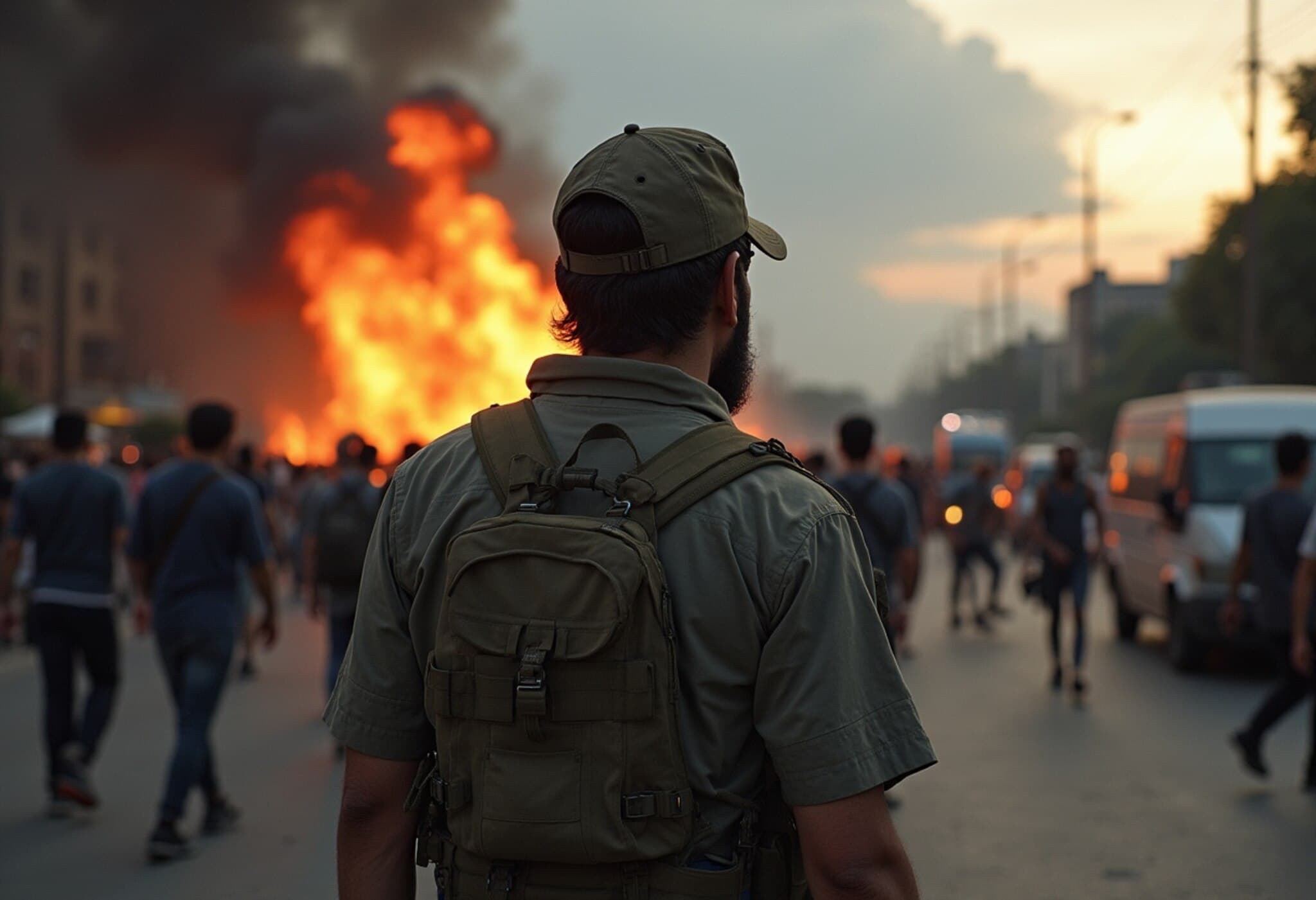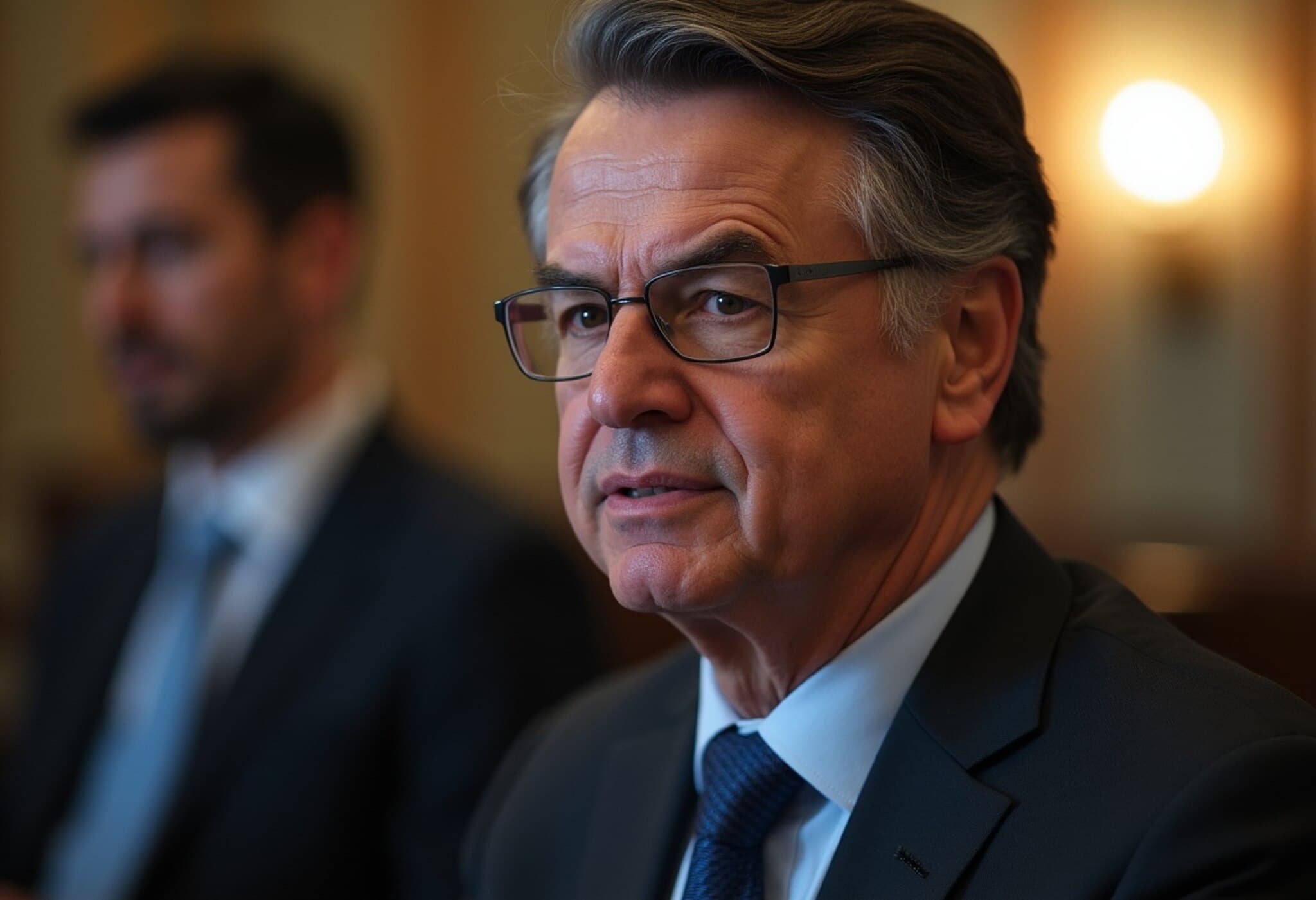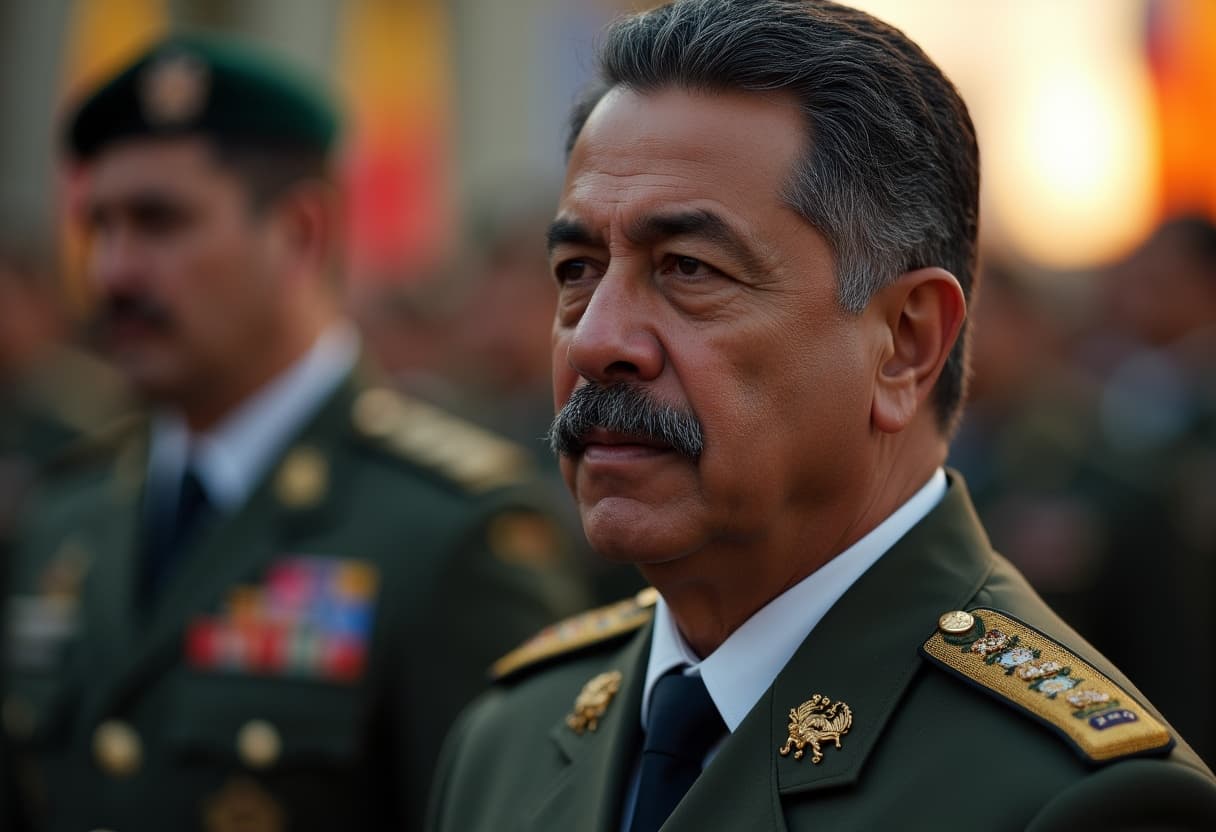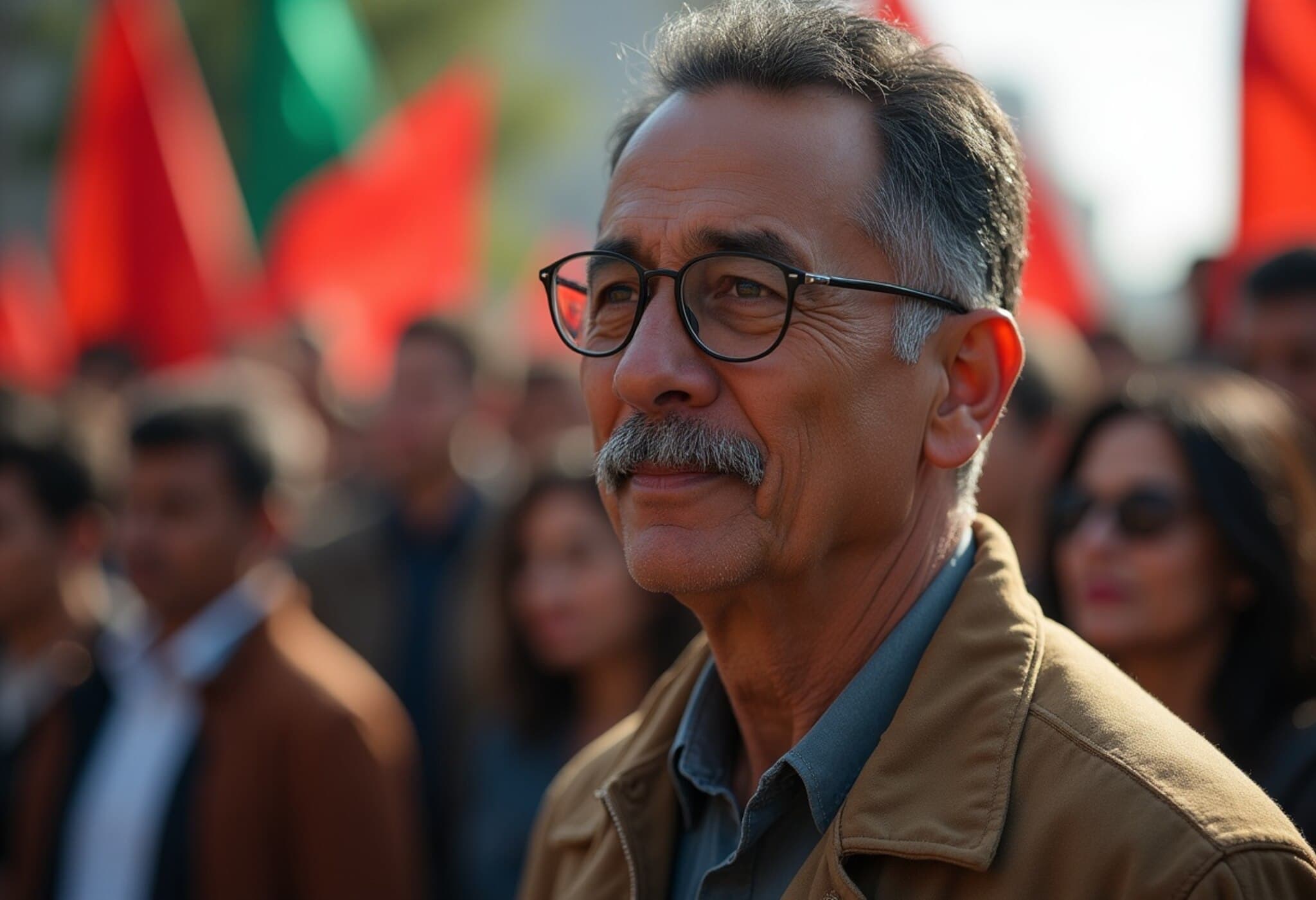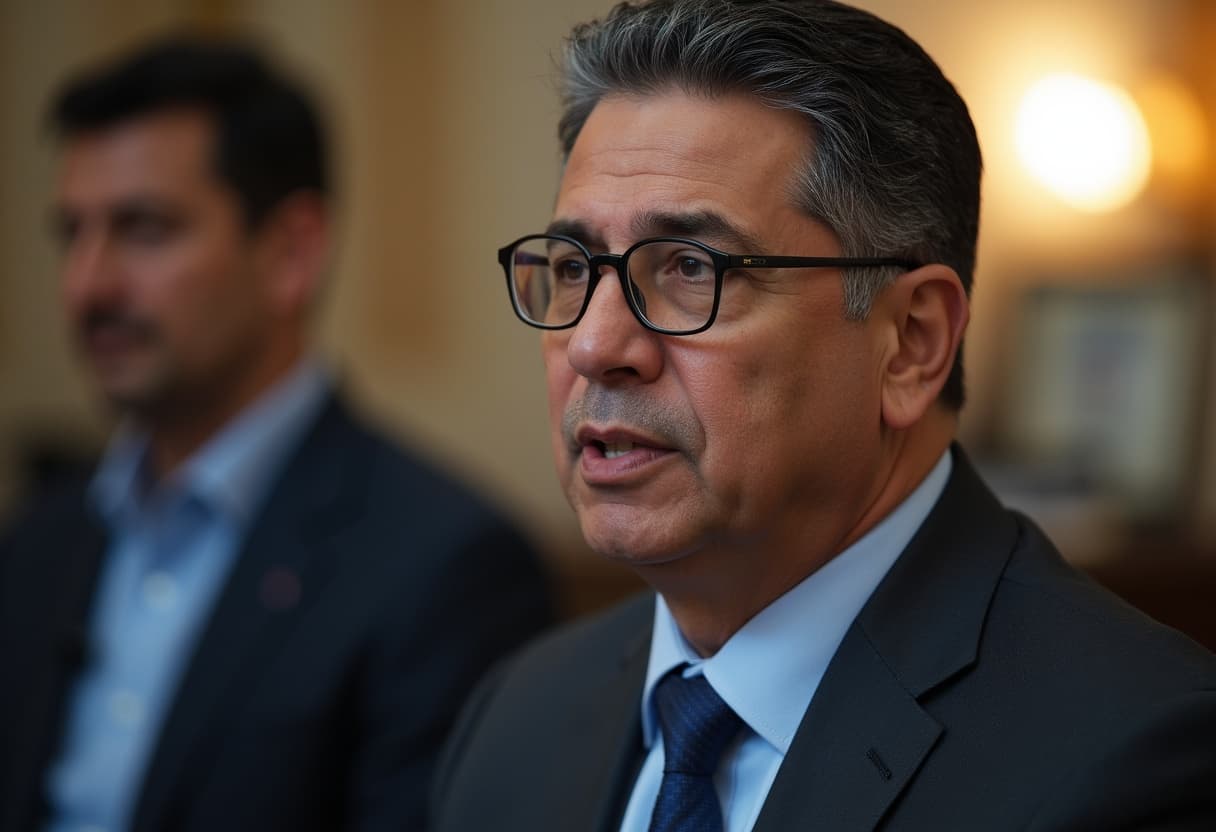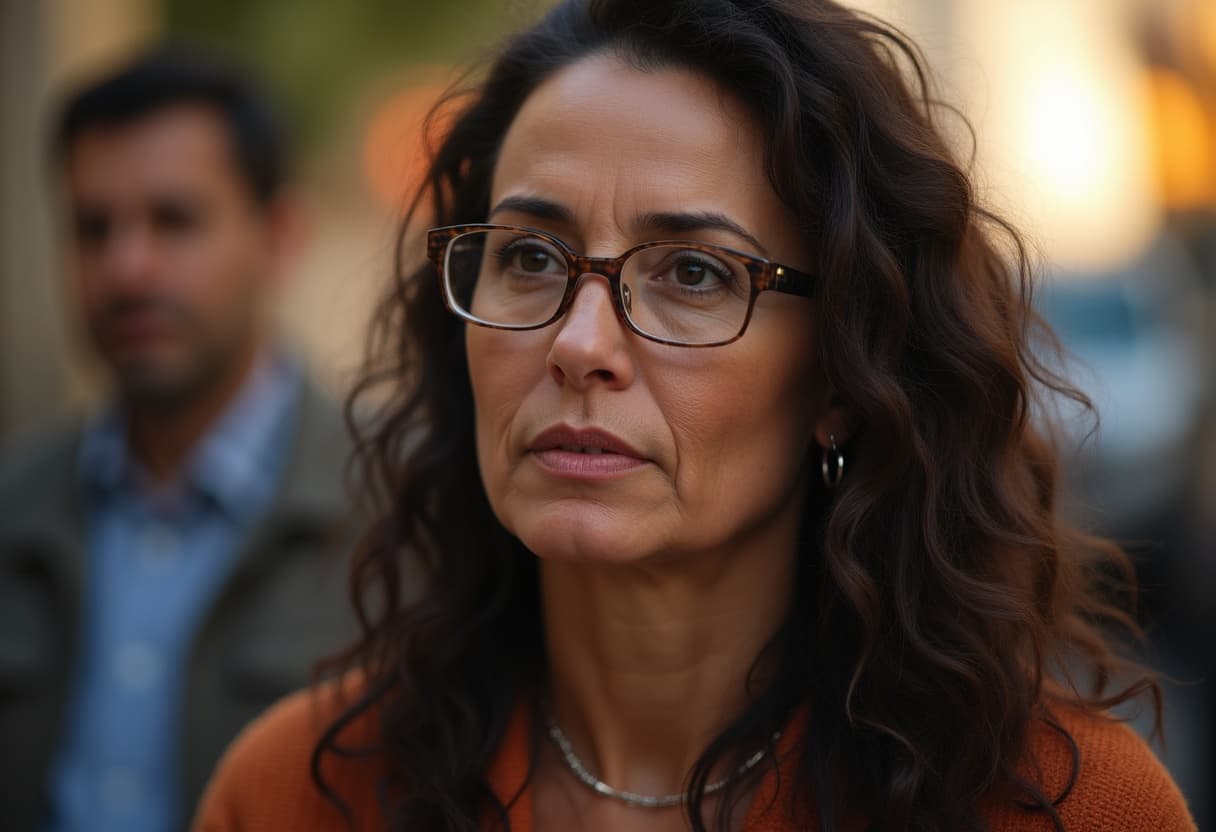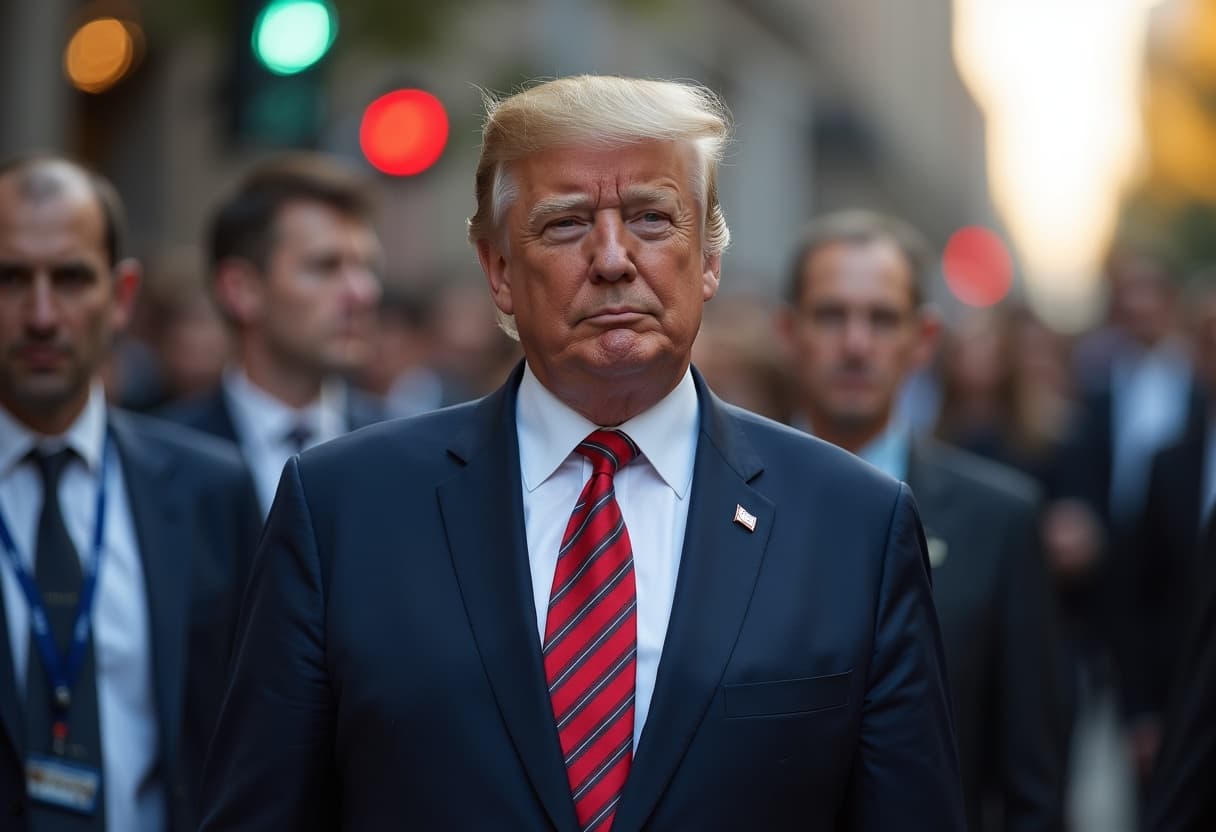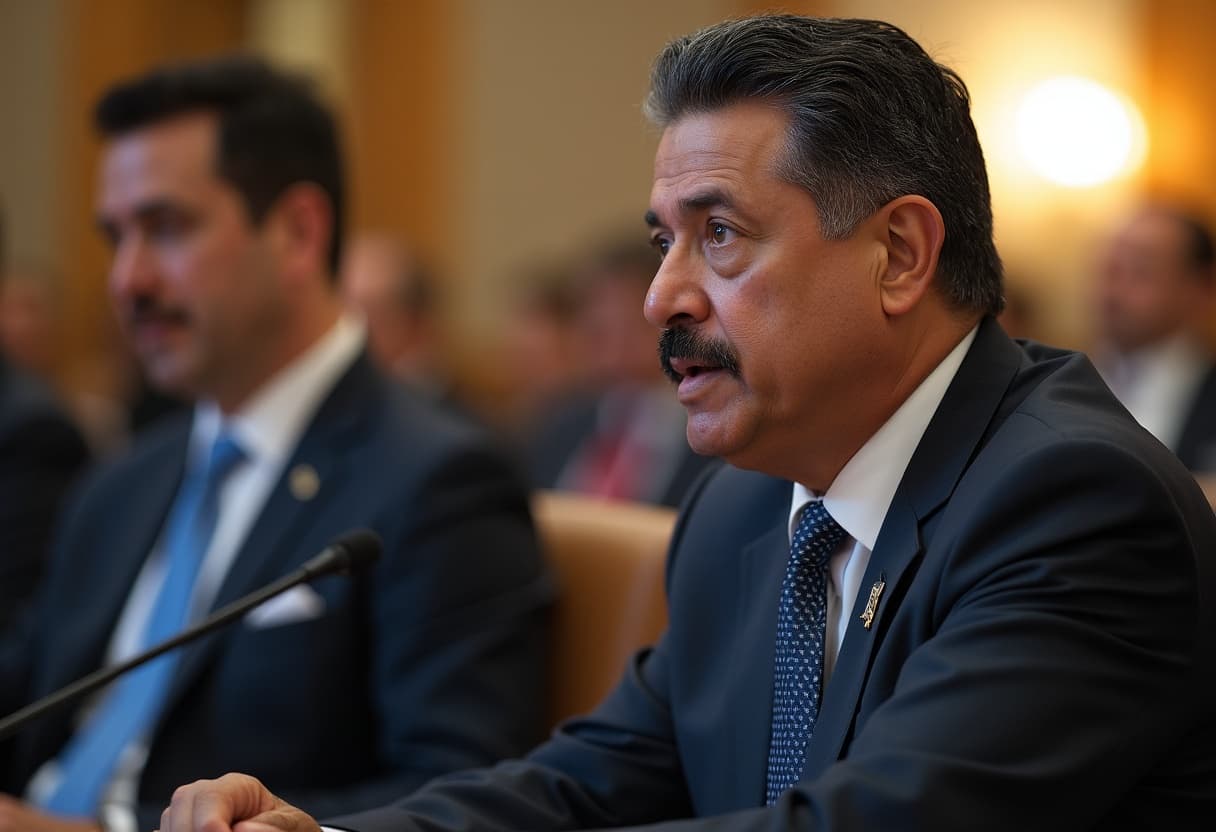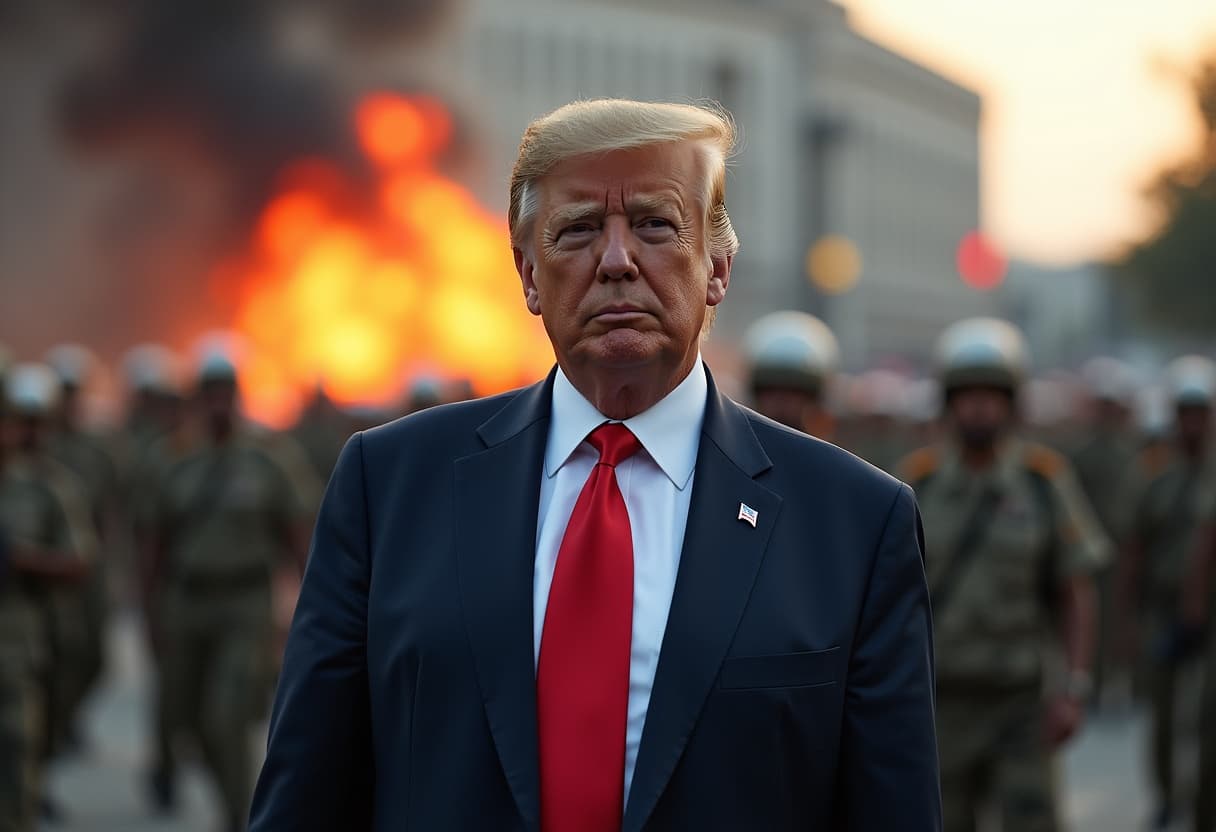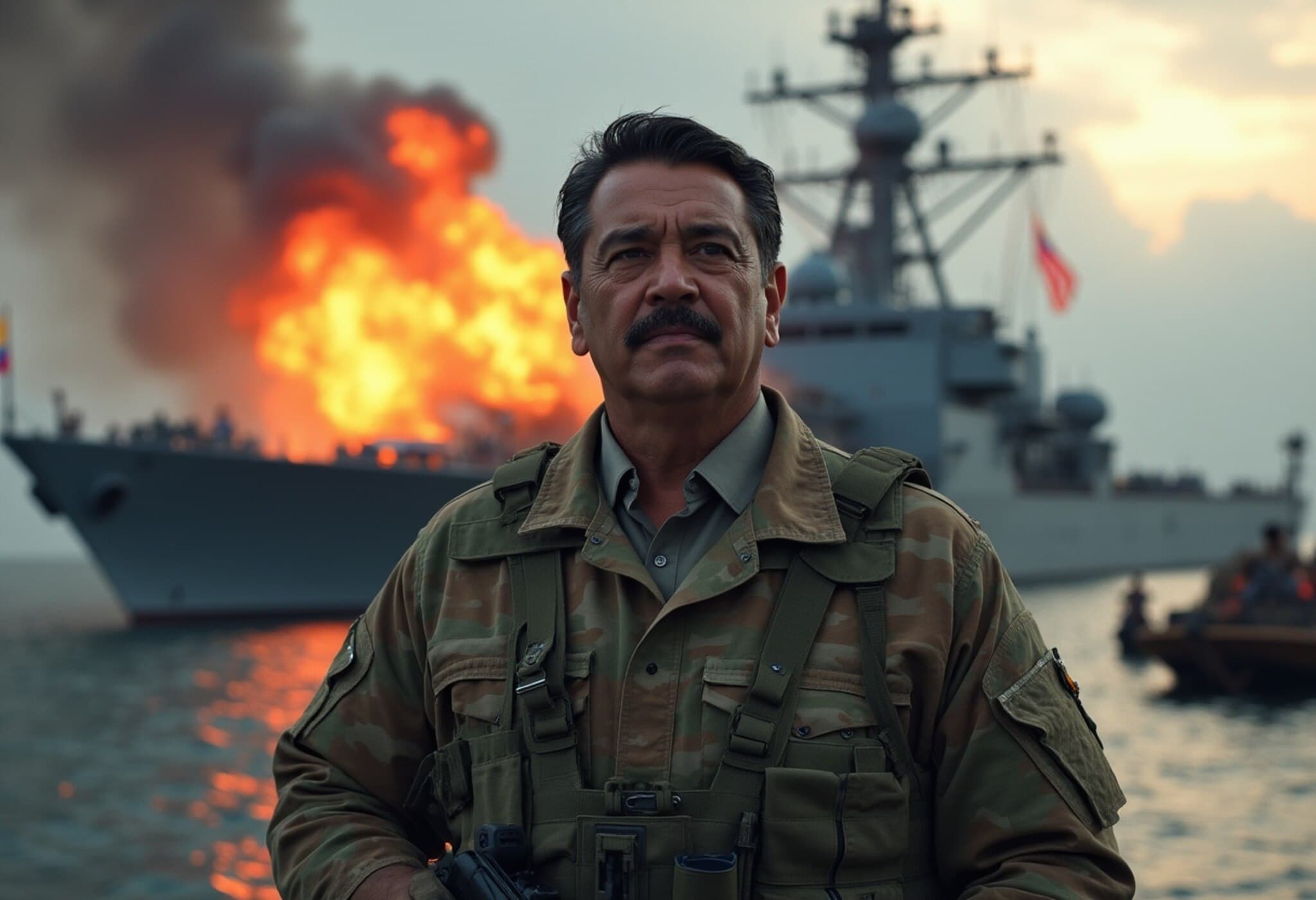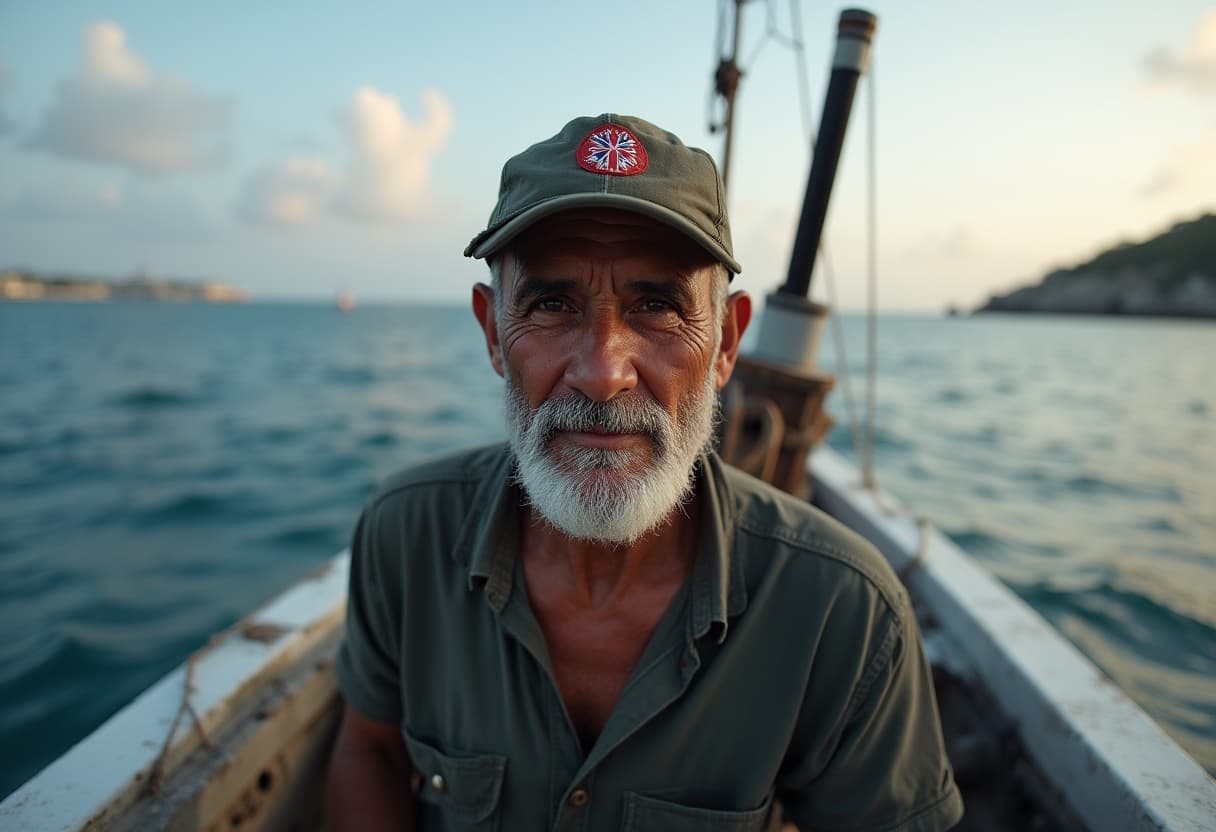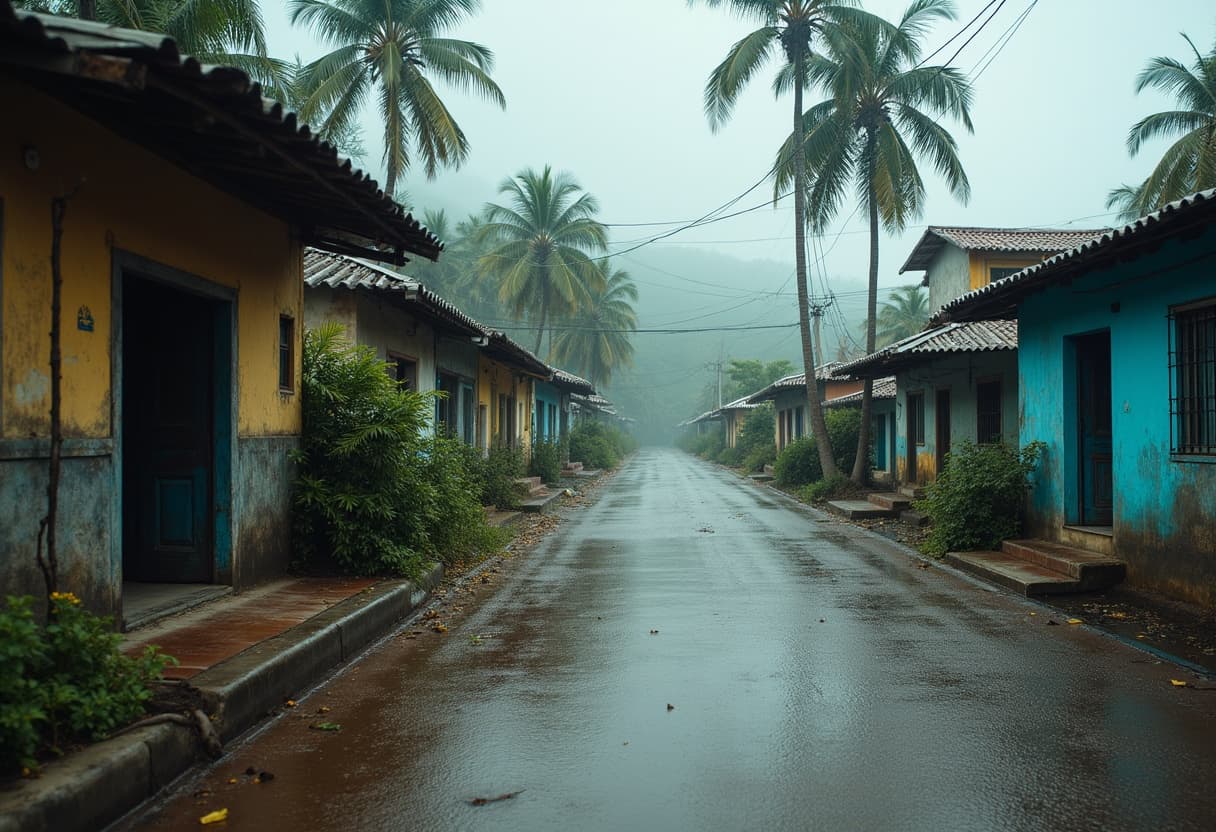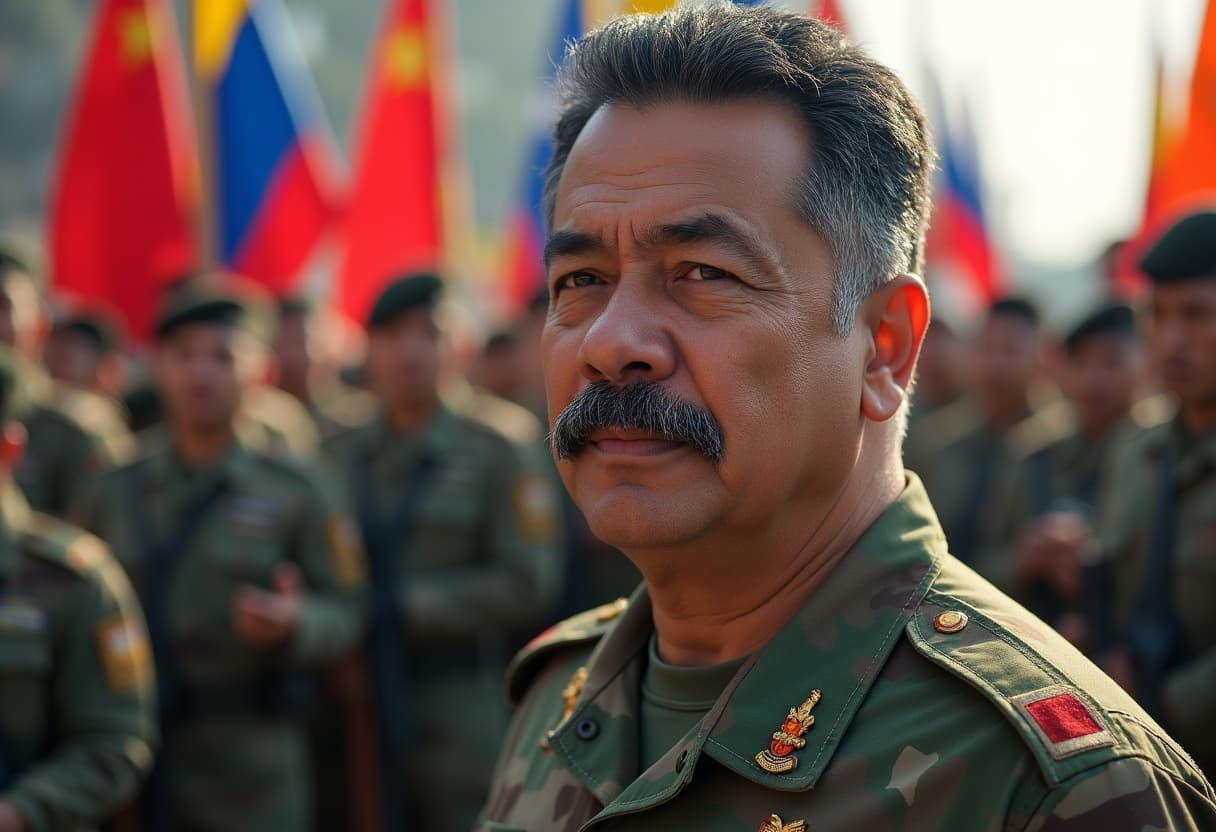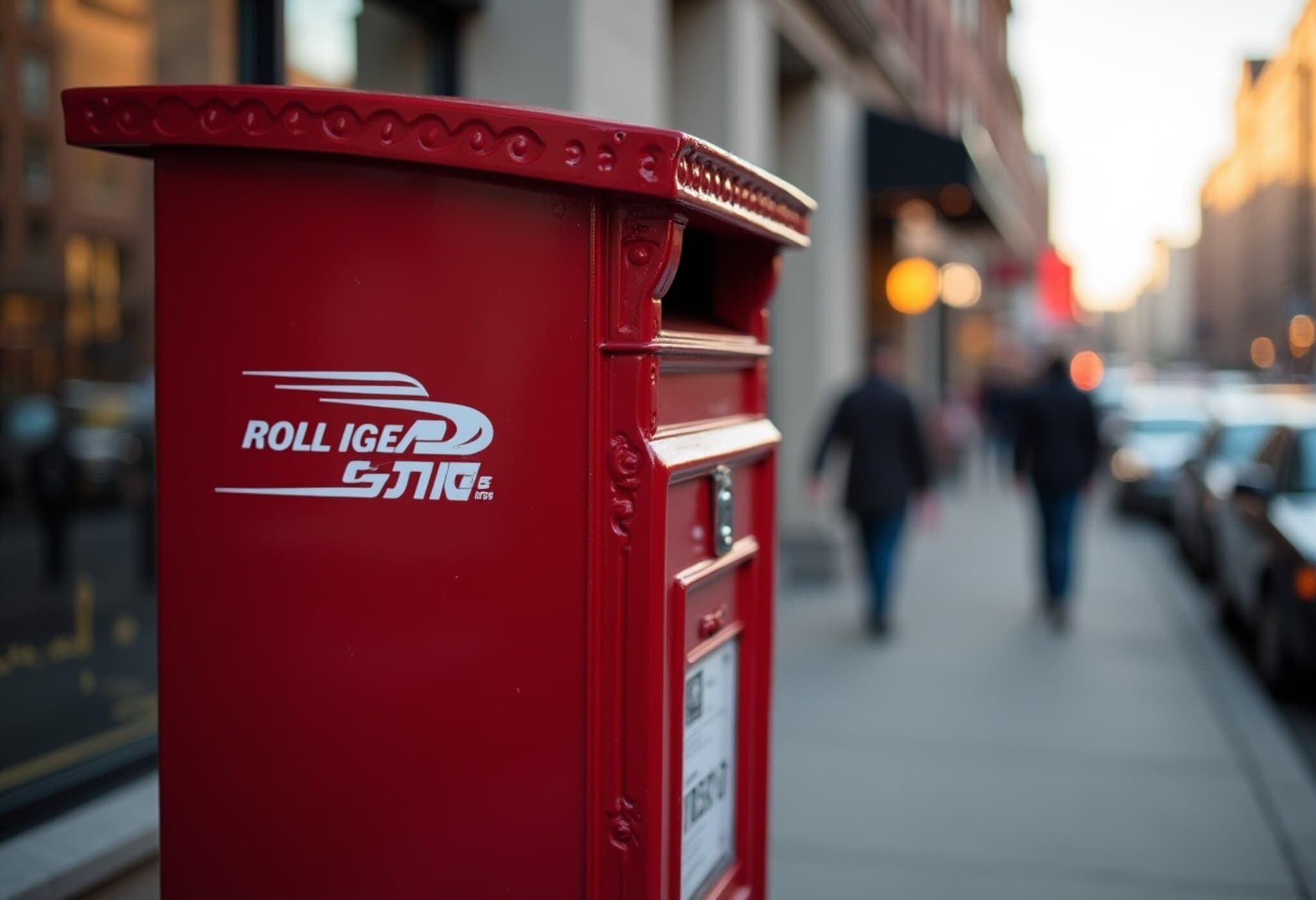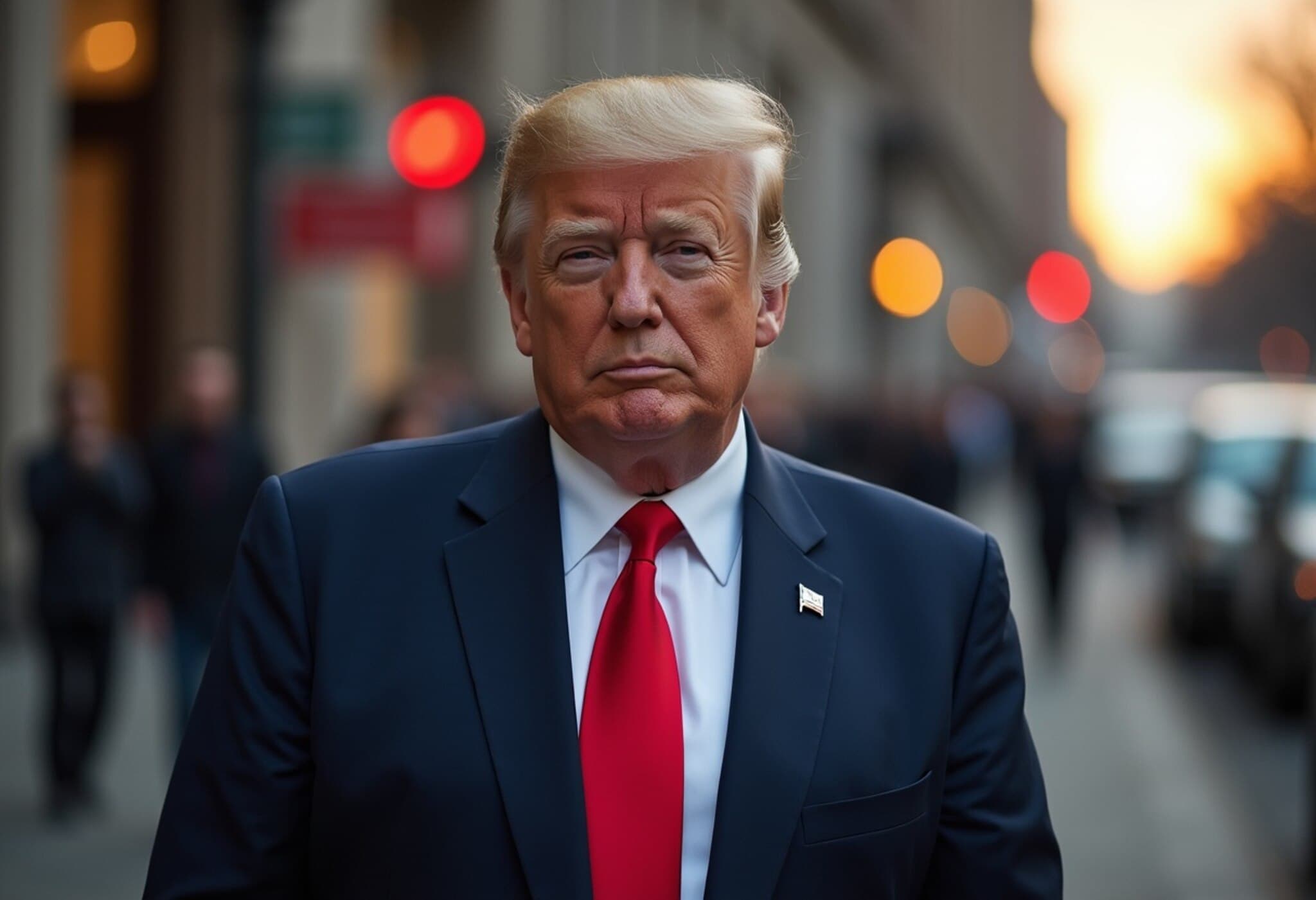Venezuela Faces Rising Tensions Amid Potential U.S. Military Moves
In Caracas, the heart of Venezuela, a palpable tension hangs thick in the air. Government supporters rally, clutching weapons with solemn determination, while business leaders and diplomats anxiously debate the grim prospects of a looming U.S. military intervention. The nation stands at a fraught crossroads, caught between fear and hope as U.S. warships patrol the nearby Caribbean waters.
U.S. Pressure and Military Buildup Escalate Concerns
During a rare, weeklong visit permitted for foreign journalists in late September, the stark realities of Venezuela’s precarious political climate came into sharp focus. The Trump administration has significantly intensified its stance, dispatching warships to the Caribbean and branding President Nicolás Maduro as a criminal linked to drug trafficking and terrorism. Public declarations by President Trump hint at a willingness to use military force, stirring fears of an invasion, commando raids, or larger-scale conflict.
Secretary of State Marco Rubio has played a prominent role in advocating a hardline approach, underscoring the message that Maduro’s regime presents a direct threat to U.S. security. This rhetoric is underpinned by U.S. claims of having destroyed multiple drug-smuggling boats, some allegedly Venezuelan—a move framing the operation as part of a broader fight against narcotics trafficking fueling the opioid crisis in America.
Drug Trafficking Realities Versus Political Agendas
Expert analysis and U.S. government data suggest, however, that cocaine shipments routed through Venezuela constitute a fraction of the broader supply chain dominated by Colombia and its neighbors. This divergence raises critical questions about the primary motives behind the Trump administration’s aggressive posture. Many observers argue that the real target is not drug traffickers per se but rather the Maduro regime itself.
Division Within Venezuela: Support for Intervention and Deep Skepticism
Among Venezuelans, opinions vary dramatically. Some oppose Maduro vehemently and back decisive actions to depose him, viewing U.S. involvement as a potential catalyst for long-overdue change. Opposition leader Maria Corina Machado and allies publicly endorse foreign intervention, claiming it could facilitate a peaceful transition to recognized opposition leadership, with international support, particularly from the U.S.
Yet, even among the opposition, there is hesitation. Prominent voices caution against reliance on military action, worried about the community’s safety and the potential for ensuing chaos. Diplomats and business figures interviewed stressed the fragility of Venezuela’s post-Maduro prospects. They envision a grim scenario where various armed factions—including remnants of the military and paramilitary groups—could plunge the country into a Haiti-like collapse amid a fierce scramble for its rich natural resources.
Government Response: Militarization and Diplomatic Overtures
In response, Maduro’s government has ramped up defensive preparations, publicly showcasing military hardware and organizing mobilizations of the Bolivarian militia—citizen-soldiers loyal to the regime—to signal readiness against any U.S. aggression. At the same time, there have been some overtures towards diplomacy, such as Maduro’s recent letter to President Trump proposing direct dialogue and Venezuelan acceptance of regular deportation flights from the United States.
Delcy Rodríguez, Venezuela’s Vice President, framed the U.S. actions as an escalation toward open conflict, condemning the destruction of boats as illegal and urging normalization of economic ties. Her comments reflect the deepening polarization not just within Venezuela, but on the world stage.
Life in Caracas: Contrasts Between Battle Readiness and Daily Reality
Amid these geopolitical tremors, everyday life in Caracas paints a complex picture. Some citizens, galvanized by patriotism or government pressure, stand ready to defend their country with weapons. Others carry on with daily routines, attending celebrations and photo shoots, balancing hope against uncertainty. Economic hardship remains severe for many—few can afford the luxury of stockpiling supplies, despite the threat of conflict.
Legal and Humanitarian Dimensions of U.S. Actions
The U.S. military’s targeting of suspected drug-smuggling vessels has resulted in civilian casualties, raising profound legal and ethical questions. International law experts argue that the summary destruction of boats without due process may constitute crimes when civilians not engaged in hostilities are killed. Venezuelan coastal communities, such as those on the Pariah Peninsula, have suffered losses, victims often hailed simply as fishermen or innocent bystanders entangled in the region’s drug trafficking dynamics.
Looking Ahead: A Fragile Road to Potential Resolution
Within this volatile environment, calls for diplomacy persist. Some diplomats and opposition figures suggest that negotiation might coax Maduro toward a peaceful handover, balancing reformist aspirations with pragmatic demands for sanctions relief. Yet Maduro’s indictment in the U.S. on drug conspiracy charges and his reluctance to risk arrest complicate such prospects.
Opposition politicians like Henrique Capriles warn against illusions of a swift, bloodless regime change, reminding Venezuelans that costly instability may loom larger than hoped democratic recovery. This duality embodies the heart of Venezuela’s struggle today: caught between external pressures and internal fractures, between dreams of liberation and the harsh realities of geopolitical chess.
Editor’s Note
The situation in Venezuela is a crucible of international relations, human rights, and regional security. U.S. military posturing raises fundamental questions not only about effectiveness and legality but also about the long-term fate of Venezuelans themselves. Will hard power reshape a fractured country or deepen its wounds? Can diplomacy rise from the shadow of conflict to forge a viable future? As this story unfolds, understanding the intertwined human and geopolitical layers remains crucial—not only for policymakers but for anyone engaged in the pursuit of peace and justice.

